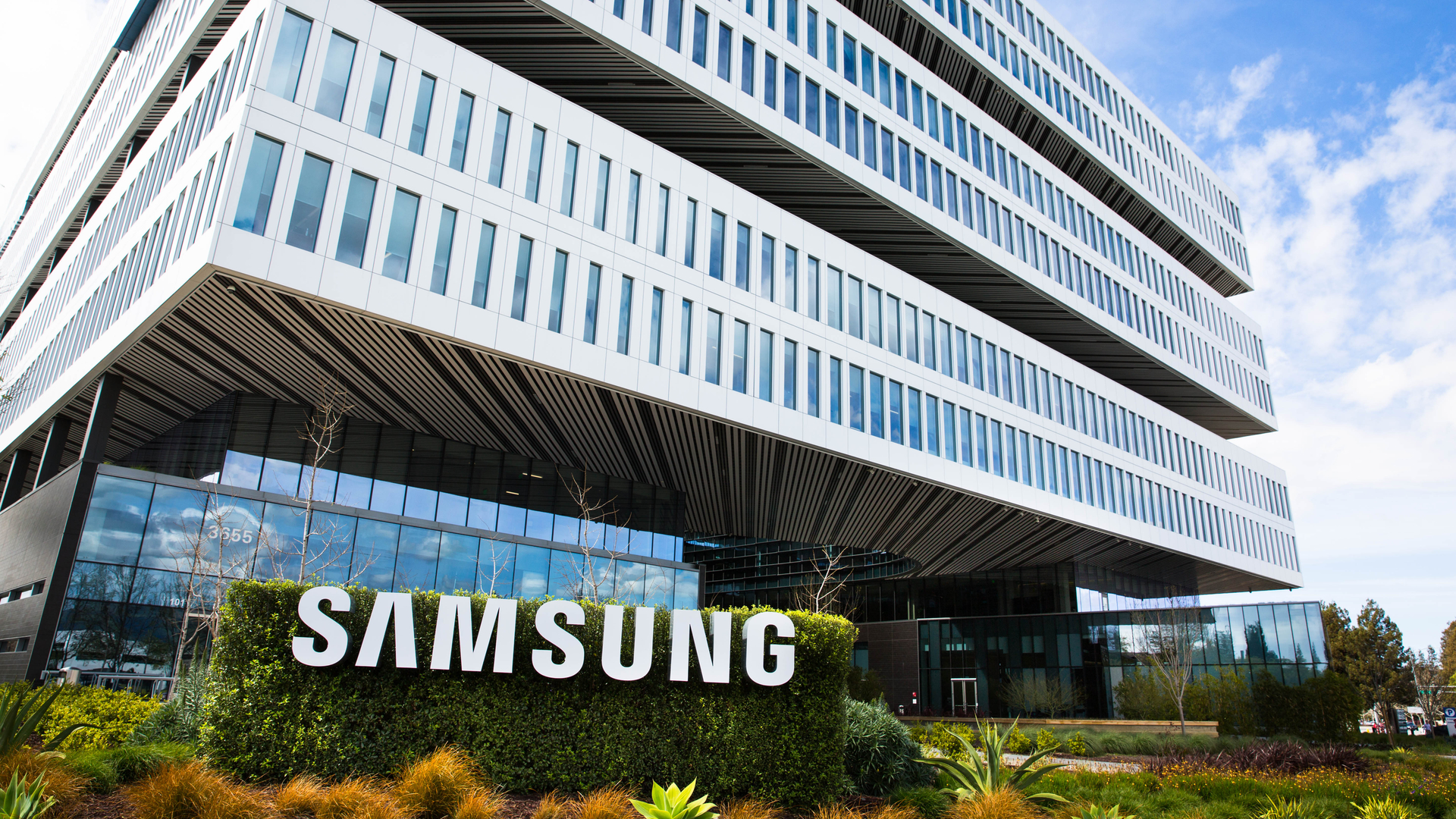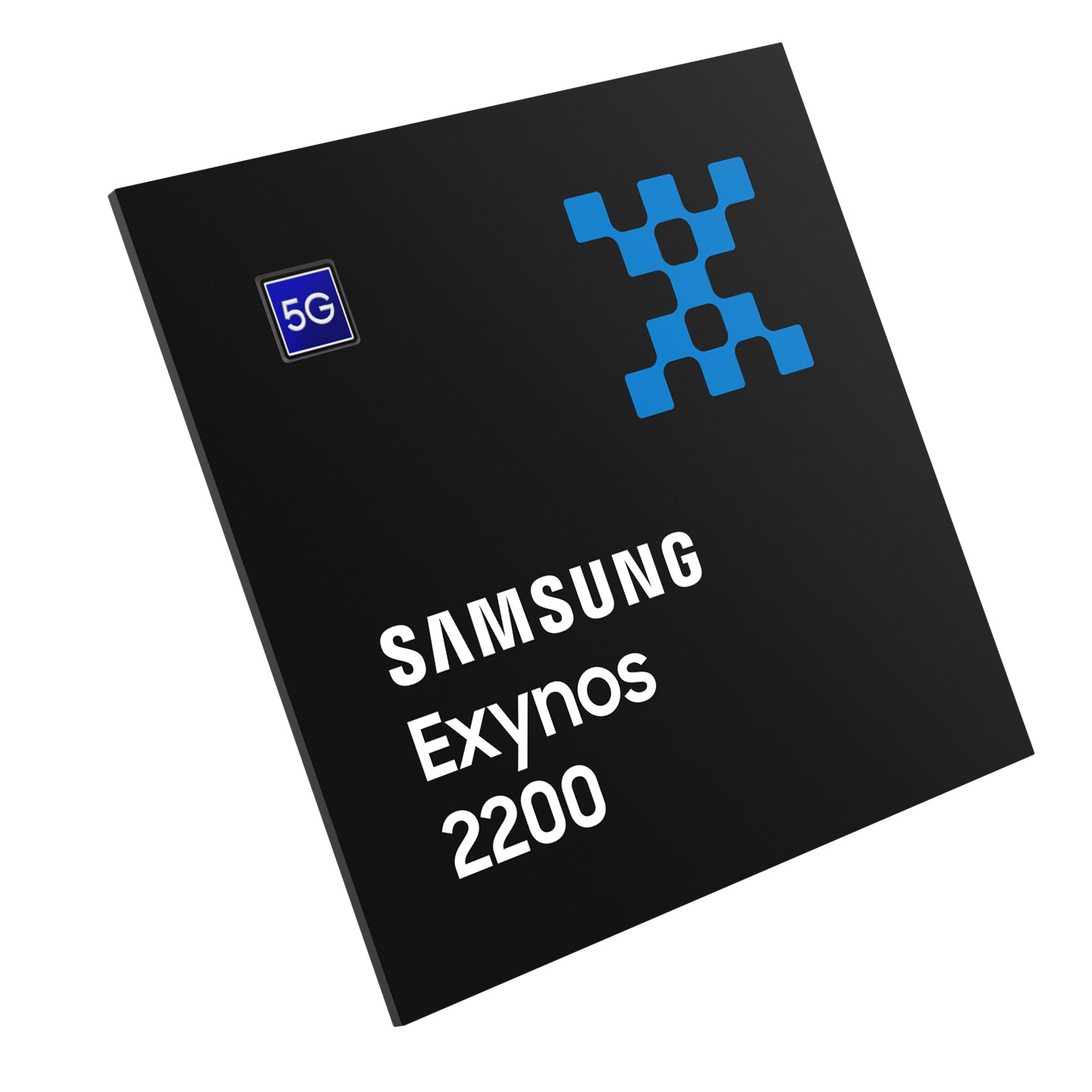Samsung introduces 4nm Exynos 2200 chip with AMD RDNA 2 graphics
The new processor is the first to include an Xclipse GPU with AMD's hardware-accelerated ray tracing technology


Samsung has revealed the Exynos 2200 mobile processor, the first system-on-a-chip (SoC) to include a GPU powered by AMD's RDNA 2 graphics architecture.
The chip has been developed using a 4-nanometer (nm) process, which promises more power than the 5nm-developed chips used in Samsung's Galaxy S20 and S21 smartphones.

Samsung's next flagship launch, presumably the S22, which is expected in the coming months, will likely be the first device to feature the Exynos 2200 SoC, which the company has described as "game-changing". Thanks to its collaboration with AMD, the new chip will enable features such as hardware-accelerated ray tracing, which is a type of rendering algorithm for 3D gaming.
The GPU part of the chip has been dubbed "Xclipse" by Samsung, and it is set to be the first of multiple planned generations of AMD RNA graphics for Exynos SoCs.
RELATED RESOURCE

Delivering on demand: Momentum builds toward flexible IT
A modern digital workplace strategy
"Built on the most advanced 4-nanometer EUV (extreme ultraviolet lithography) process, and combined with cutting-edge mobile, GPU and NPU technology, Samsung has crafted the Exynos 2200 to provide the finest experience for smartphone users," said Yongin Park, president of system LSI business at Samsung Electronics.
"With the Xclipse, our new mobile GPU built with RDNA 2 graphics technology from the industry leader AMD, the Exynos 2200 will redefine mobile gaming experience, aided by enhanced graphics and AI performance. As well as bringing the best mobile experience to the users, Samsung will continue its efforts to lead the journey in logic chip innovation."
The high-end Exynos chip usually makes its way onto Samsung's S series phones, though US models typically feature Qualcomm's Snapdragon chips. The Snapdragon 8 Gen 1, which was officially revealed in December, has also been developed with Samsung's foundry 4nm process so US customers will likely have similar performance.
Sign up today and you will receive a free copy of our Future Focus 2025 report - the leading guidance on AI, cybersecurity and other IT challenges as per 700+ senior executives
It is also quite likely that 4nm-built chips will feature in a number of other flagship launches, particularly ones that usually house Qualcomm hardware, such as OnePlus.
Bobby Hellard is ITPro's Reviews Editor and has worked on CloudPro and ChannelPro since 2018. In his time at ITPro, Bobby has covered stories for all the major technology companies, such as Apple, Microsoft, Amazon and Facebook, and regularly attends industry-leading events such as AWS Re:Invent and Google Cloud Next.
Bobby mainly covers hardware reviews, but you will also recognize him as the face of many of our video reviews of laptops and smartphones.
-
 The modern workplace: Standardizing collaboration for the enterprise IT leader
The modern workplace: Standardizing collaboration for the enterprise IT leaderHow Barco ClickShare Hub is redefining the meeting room
-
 Interim CISA chief uploaded sensitive documents to a public version of ChatGPT
Interim CISA chief uploaded sensitive documents to a public version of ChatGPTNews The incident at CISA raises yet more concerns about the rise of ‘shadow AI’ and data protection risks
